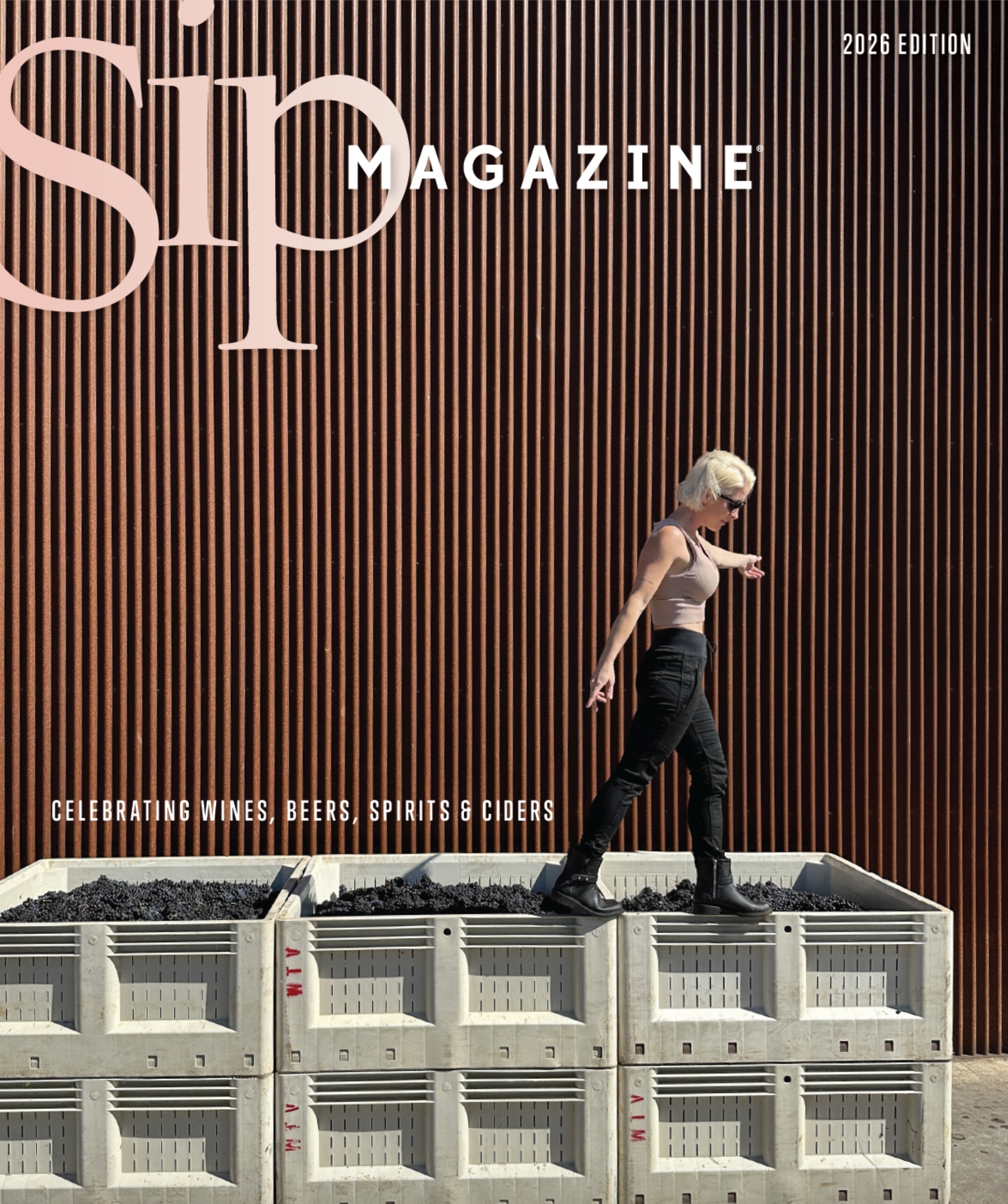Washington’s Red Mountain AVA turns 20 this year, with inaugural plantings dating back to 1975 when pioneers John Williams and Jim Holmes of Kiona Winery first put vines in the ground. Five years later, Kiona got the region on the map as its first bonded winery and, 21 years later, Red Mountain received its official AVA designation in 2001. Today, Red Mountain touts 54 vineyards covering 2,300 densely planted acres in one of the warmest grape-growing regions in the state.

When Charlie Hoppes first visited Red Mountain in the late 1980s with Snoqualmie Winery, he decided then and there that if he ever started his own label, he would make this unique area his home. “I had the fortune to taste wine out of barrels in 1989 and was really taken by the quality of Cabernet and Merlot,” he recalls. “It took me a while to get back there, but I can still remember the day and thought ‘maybe, someday, I could make it happen.’”

Under his then-fledgling winery, Fidelitas, Hoppes made an initial 375 cases of a Cab-Merlot blend in 2000. He purchased his first parcels of Red Mountain land in 2006, and is now farming a 12-acre estate vineyard in the AVA.
“We buy only Red Mountain fruit for Fidelitas — we like to say we’re all in on Red Mountain,” Hoppes says. “That’s our focus. There are a lot of labels out there, but that’s what we decided to do: make Bordeaux-style, Red Mountain wines only.”
What makes this region so special to Hoppes and many more who grow and buy fruit from its hillsides? Experts say it comes down to a southern-facing slope for maximum sunlight, deposited and varied loess and basalt soils, and its high heat units that benefit late-ripening varieties like Cabernet.
“The other thing I like to talk about, that is becoming more of a factor, is the wind,” Hoppes adds. “We get consistent breezes almost daily on Red Mountain. [This] constantly jostles the canopy and the clusters, causing the clusters to have thicker skins and contribute to a bigger, more tannic and concentrated wine profile.”

Cabernet is king as the most-planted red grape variety in the area, and why winemakers come from all over the state to get their hands on it. “It has deep, black fruit concentration — like black cherry, cassis – and you might get a lower juice-to-skin ratio, smaller berries and thicker skins, which contributes to really concentrated wines,” Hoppes says. “I think the tannin structure and the concentration levels make it easy for winemakers to incorporate a lot of new oak into the wines, so you get an even more elevated flavor profile with the wood being a nice ingredient you can incorporate into the beautiful fruit we have on Red Mountain.”
In honor of Red Mountain’s birthday, we’ve rounded up a sampler platter of Red Mountain wines to try right now.
Fidelitas 2018 Optu White
The only white wine in Fidelitas production, Optu White stays true to the winery’s mantra of all Red Mountain fruit made in the Bordeaux style. A blend of Sauvignon Blanc and Semillon, this ripe, round sip is tropical and honeyed, yet plucky and bright with citrus zest and acidity. Hoppes says this wine is best when matched with fresh PNW seafood and sunshine.
$35 | 13% ABV
Hedges Family Estate 2017 Biodynamic Syrah
Red Mountain goes natural in this Syrah from Hedges’ biodynamic vineyard. Not only does the juice ferment with native yeasts before going into barrels, it also undergoes indigenous malolactic fermentation in barrel. This approach offers up a full-bodied and pronounced wine that smoothly composes spice, earth and dark berry with a little bit of funk and meatiness.
$40 | 13.5% ABV
Upchurch Vineyard 2018 Cabernet Sauvignon
From the namesake estate vineyard, this Cabernet is met with 9% Merlot and aged in 100% new French oak. Dark, dense and broad, floral notes push through with oak spice and vanilla all mingling with plum, blackberry, blueberry and mineral. The young and powerful wine exudes a generous and finessed palate with tickling acid and finely tuned tannins in the finish.
$75 | 14.6% ABV
Hightower 2017 Red Mountain Reserve
A special barrel selection for this pioneering Red Mountain winery, the Reserve is the first wine to be blended each vintage, before any other production commences. That sharp focus allows the wine to be all that it can be: a blue-fruited, concentrated and balanced expression of Cabernet Sauvignon, complemented by mineral-driven, floral and smooth Merlot.
$55 | 14.6%
Canvasback 2018 Grand Passage Cabernet Sauvignon
From Quintessence and Blackwood Canyon vineyards, this wine is both brooding and inviting, deep and rich in its dark berry fruits, spiced minerals, floral herbs and supple tannin. Nearly all Cabernet Sauvignon save for a single percentile of Merlot, 90% new French oak also shows through with vanilla spices and structure, while the finish brings the polished berry fruit back in.
$84 | 15.% ABV










